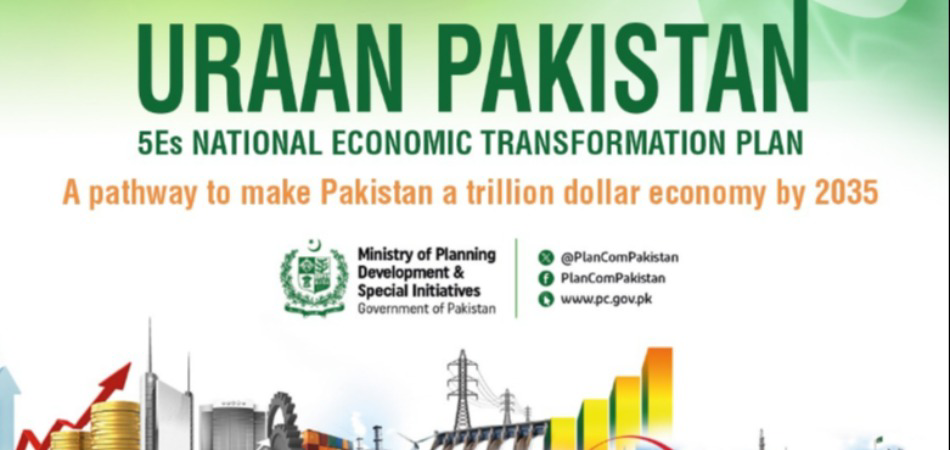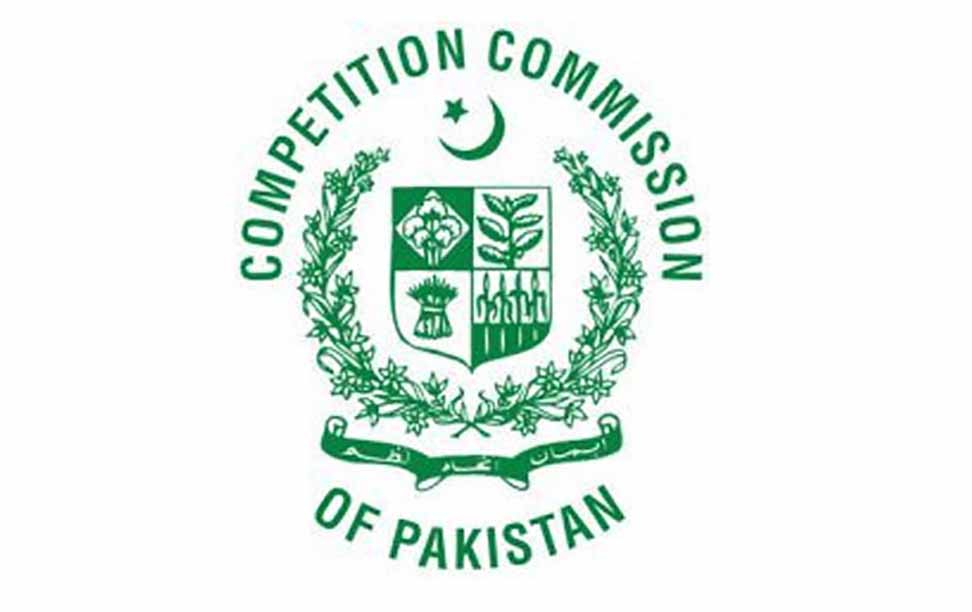Pakistan's GSP+ status at stake amid ICCPR violations

By MG News | January 10, 2025 at 10:28 AM GMT+05:00
January 10, 2025 (MLN): Pakistan’s export landscape could face significant uncertainty as the European Union (EU) raises serious concerns over unfair trials of civilians in military courts, citing violations of international commitments, including the International Covenant on Civil and Political Rights (ICCPR).
These developments threaten Pakistan’s GSP+ status, a critical trade privilege providing duty-free access to EU markets, according to the report by Insight Securities.
Losing this status could severely impact export competitiveness, particularly in key sectors like textiles and footwear, the report added.
Developed economies are now incorporating carbon and greenhouse gas emissions, including methane (CH4), as a regulatory cost to address climate change.
Environmental, Social, and Governance (ESG) compliance has become a central focus, with CO2 emissions emerging as a key concern for policymakers and businesses.
European companies face strict penalties of 4-10% of turnover for non-compliance, creating strong incentives to ensure adherence.
The European Parliament’s adoption of the Corporate Sustainability Due Diligence Directive (CSDDD) in 2024 has added new complexities for businesses.
This directive now requires firms and their supply chain partners to address adverse human rights and environmental impacts, including child labor, labor exploitation, and biodiversity loss.
Germany, one of Pakistan's major trade partners, has already implemented mandatory human rights due diligence laws, further intensifying compliance pressures.
To sustain trade privileges and remain competitive in EU markets, Pakistan’s government and business community must urgently realign their policies and practices, ensuring strict adherence to evolving international obligations, the report reads.
The Generalized Scheme of Preferences (GSP) introduced over 50 years ago by UNCTAD, aims to integrate developing nations into the global economy through preferential trade terms.
GSP+ is a special incentive arrangement designed for vulnerable developing and lower-middle-income countries committed to sustainable development and good governance.
Pakistan benefitted from the standard GSP scheme from 2005 to 2013 and achieved a 48% increase in exports to the EU in this period, according to Insight Securities report.
Following the 2010 floods, the EU extended duty-free concessions on 75 products under the "Autonomous Trade Preferences" package, boosting recovery efforts.
GSP+ status was granted to Pakistan on 1st January 2014, which has strengthened Pakistan’s position in the EU market, ensuring a level playing field with similar economies.
Since 2014, Pakistan’s exports to the EU surged by 166%, while exports growing from €3.5 billion in the pre-GSP+ period to its peak of €9.5bn in 2022, highlighting the substantial impact of the GSP+ scheme on trade growth.
To highlight, in 2024 GSP+ status was extended till 2027, ensuring continued preferential access to the EU market, the report added.
However, the EU has raised compliance standards, adding six new conventions to the 27 existing.
EU is offering zero or preferential tariffs on 66% of tariff lines and Pakistan comes under the top beneficiaries of this scheme.
Textile exports to the EU recorded at $2.8bn in 5MFY25 compared to $2.6bn in SPLY, up by 8.5%, including key markets like Germany, Netherlands, Italy, Belgium, and Spain.
Sectors such as garments, bed linen, footwear, and surgical products are major beneficiaries of GSP+ preferences, positioning Pakistan for sustained export growth, the report further reads.
Based on estimates, the revocation of GSP+ could result in a loss of Pakistan’s exports by over one-third of its total exports to the EU, amounting to $1.5-2.0bn.
However, tariffs on goods entering the EU would rise to 6-12%, which could raise costs for buyers and reduce the competitiveness of Pakistani products, it further added.
The textile sector, accounting for 70-75% of total exports of Europe, faces the greatest risk, especially companies that have a major portfolio of value-added products like garments, denim, home textiles, and hosiery.
In the textile sector, companies with substantial EU market exposure, including Towellers Limited (TOWL), Azgard Nine Limited (ANL), and Crescent Textile Mills Limited (CRTM), derive approximately 50%-60% of their exports from the region.
These companies may face significant downside risk to revenues in the event of GSP+ withdrawal, the report noted.
Similarly, Gul Ahmed Textile Mills Limited (GATM) (45% EU exports) and Interloop Limited (ILP) (39% EU exports) could face major reductions in their sales volumes, which could lead to lower earnings.
The potential loss of GSP+ poses an existential threat to Pakistan's textile competitiveness in the EU market, it further added.
Copyright Mettis Link News
Related News
| Name | Price/Vol | %Chg/NChg |
|---|---|---|
| KSE100 | 130,686.66 280.01M |
0.26% 342.63 |
| ALLSHR | 81,305.25 897.01M |
0.35% 281.26 |
| KSE30 | 39,945.45 114.02M |
0.09% 37.19 |
| KMI30 | 190,698.05 148.61M |
0.61% 1163.05 |
| KMIALLSHR | 55,074.15 495.43M |
0.53% 290.50 |
| BKTi | 34,568.40 28.73M |
-1.07% -372.33 |
| OGTi | 28,739.35 22.59M |
1.57% 443.29 |
| Symbol | Bid/Ask | High/Low |
|---|
| Name | Last | High/Low | Chg/%Chg |
|---|---|---|---|
| BITCOIN FUTURES | 110,215.00 | 110,525.00 110,155.00 |
-200.00 -0.18% |
| BRENT CRUDE | 68.82 | 68.89 68.82 |
0.02 0.03% |
| RICHARDS BAY COAL MONTHLY | 97.50 | 0.00 0.00 |
-0.75 -0.76% |
| ROTTERDAM COAL MONTHLY | 108.45 | 109.80 108.45 |
-0.55 -0.50% |
| USD RBD PALM OLEIN | 998.50 | 998.50 998.50 |
0.00 0.00% |
| CRUDE OIL - WTI | 67.06 | 67.18 67.00 |
0.06 0.09% |
| SUGAR #11 WORLD | 16.37 | 16.40 15.44 |
0.79 5.07% |
Chart of the Day
Latest News
Top 5 things to watch in this week
Pakistan Stock Movers
| Name | Last | Chg/%Chg |
|---|
| Name | Last | Chg/%Chg |
|---|




 Trade Balance
Trade Balance
 CPI
CPI